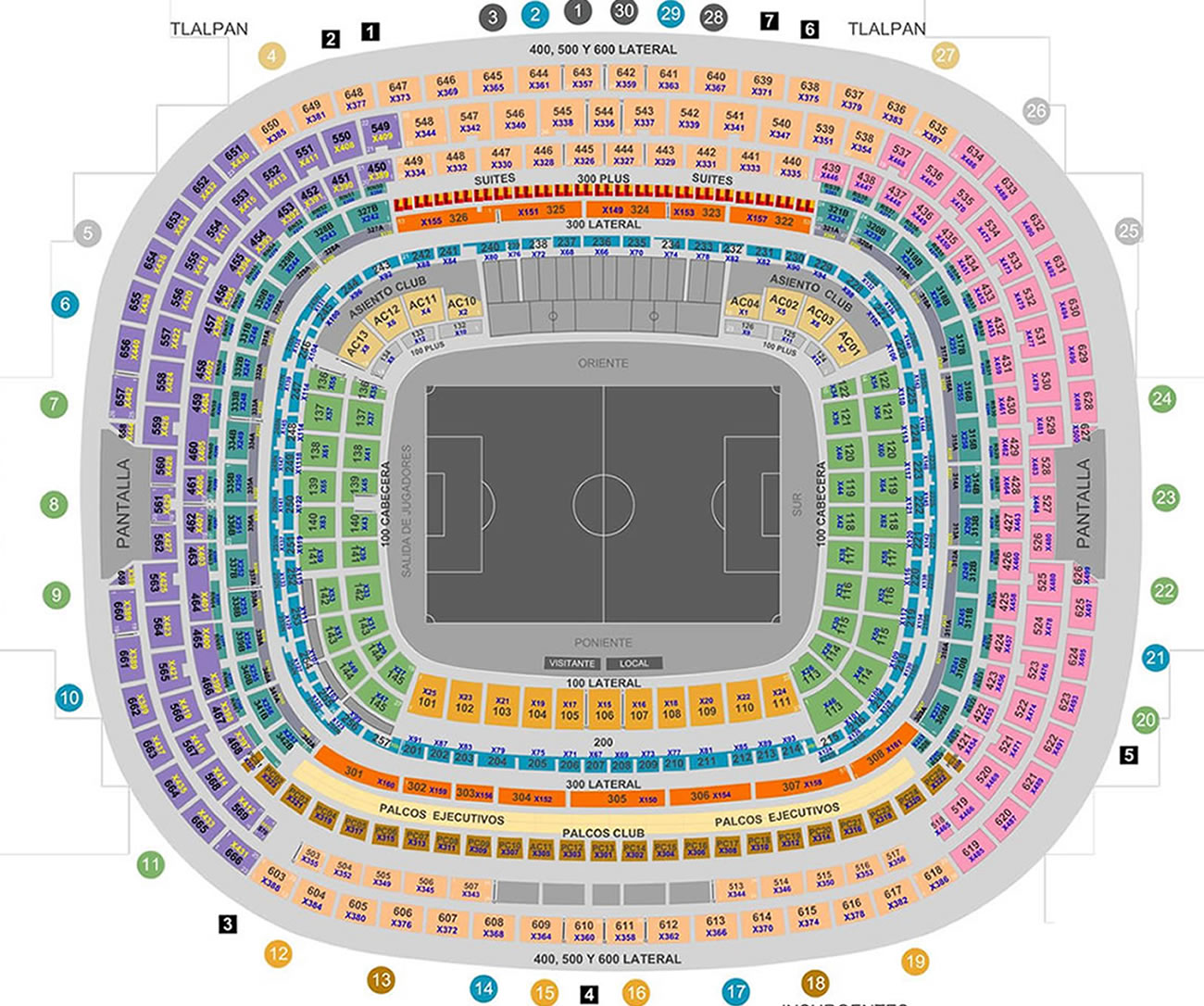Match 01 - FIFA World Cup 2026 Mexico vs TBC

Estadio Azteca Mexico City
FIFA World Cup Group Stage
The FIFA World Cup Group Stage is the tournament's opening phase, where 32 (and from 2026, 48) teams are divided into groups, each vying for a spot in the knockout rounds. This stage is crucial as teams play three matches, with the top two from each group advancing to the Round of 16. Historically, the group stage is where football giants and emerging nations alike showcase their talent, making it an exciting and unpredictable part of the competition.
Over the past 20-30 years, the FIFA World Cup Group Stage has provided unforgettable moments and incredible performances. Nations like Brazil, Germany, France, and Argentina have consistently dominated this phase, often topping their groups with ease. Brazil, in particular, has been one of the strongest performers in the group stages, securing their path to the knockout rounds in nearly every World Cup. Germany, before their early exit in 2018, was known for its clinical efficiency, consistently advancing from the group stage and often going on to reach the finals, as they did in 2002 and when they won the tournament in 2014.
At the same time, the group stage has also been the scene of major upsets. South Korea and Turkey made unexpected runs in 2002 after advancing from the group stage, with South Korea reaching the semifinals. In 2010, New Zealand, despite being seen as underdogs, went unbeaten in their group, though they narrowly missed advancing. Similarly, Costa Rica's stunning group-stage performance in 2014 saw them top a group containing Italy, England, and Uruguay, ultimately reaching the quarterfinals.
The FIFA World Cup Group Stage in 2026 will be even more competitive, with the tournament expanding to 48 teams. This expansion will bring in new nations, offering more diversity and the potential for exciting surprises. The group-stage matches will take place across three countries: Canada, the United States, and Mexico. Some of the iconic venues hosting these games will include BC Place in Vancouver, SoFi Stadium in Los Angeles, Mercedes-Benz Stadium in Atlanta, and Estadio Azteca in Mexico City. Fans can expect an incredible atmosphere as cities across North America come alive with the excitement of the world's biggest sporting event.
In conclusion, the FIFA World Cup Group Stage is a crucial part of the tournament, setting the stage for both triumphs and upsets. As football’s most prestigious event heads to North America in 2026, the expanded group stage will offer fans the opportunity to witness more nations competing and more unforgettable moments across stunning venues. The world’s best teams will battle it out to ensure they progress to the knockout rounds, but surprises, as always, are never far away in the FIFA World Cup group stage.
